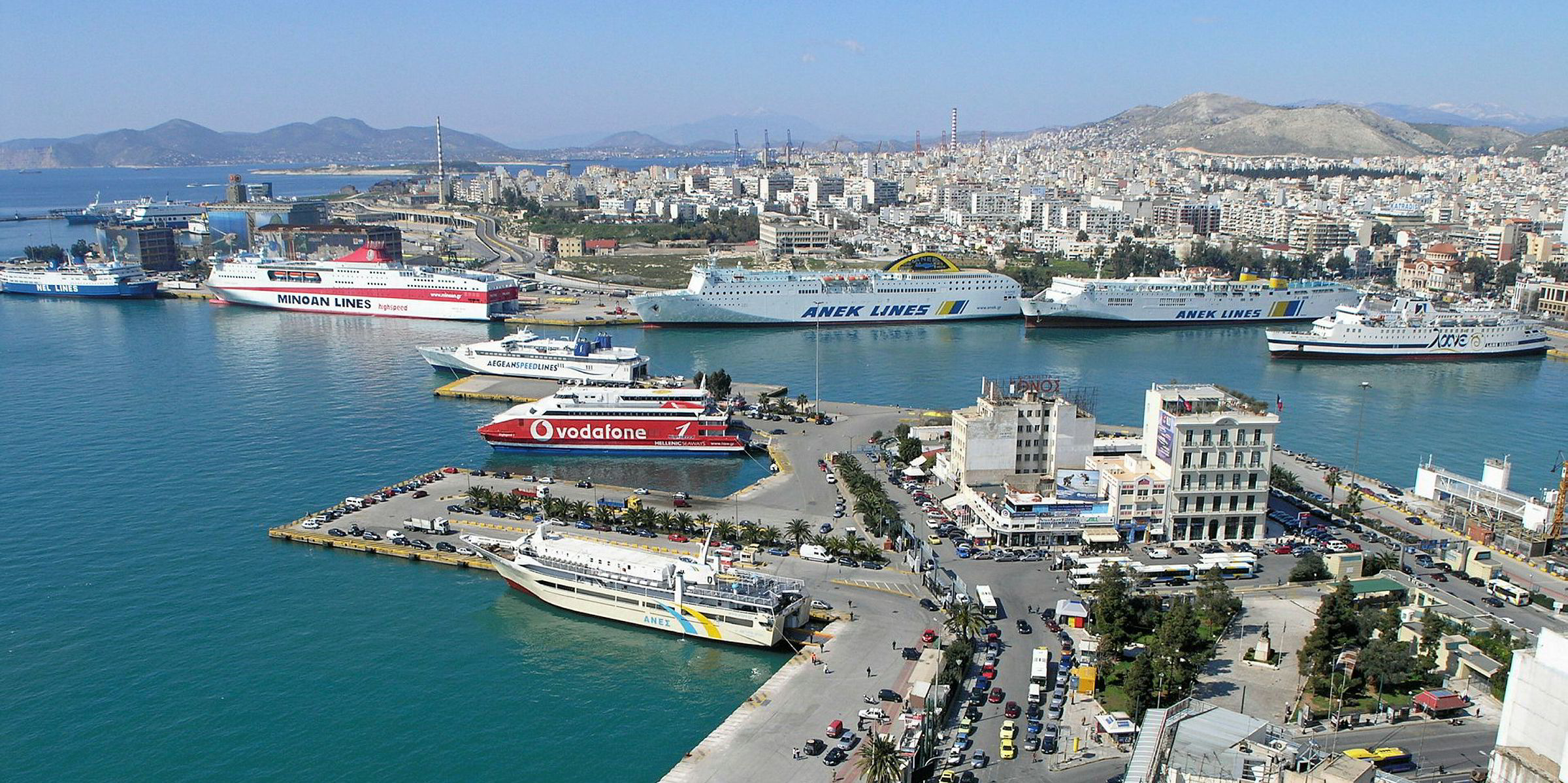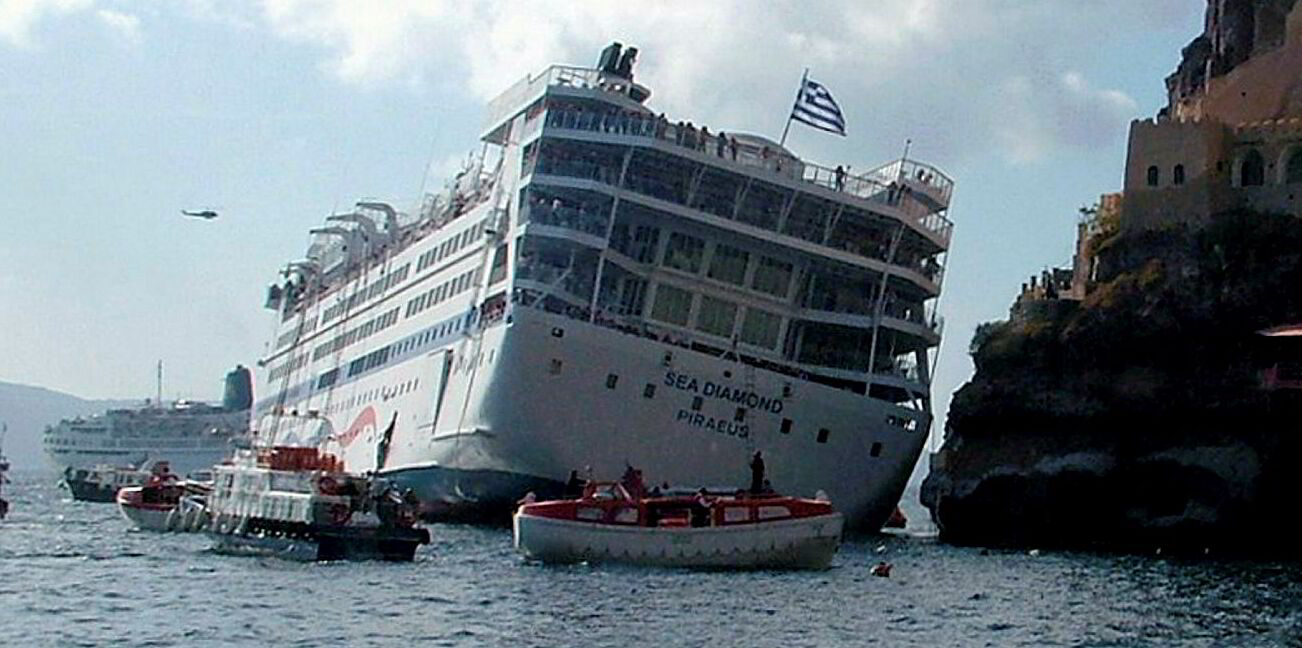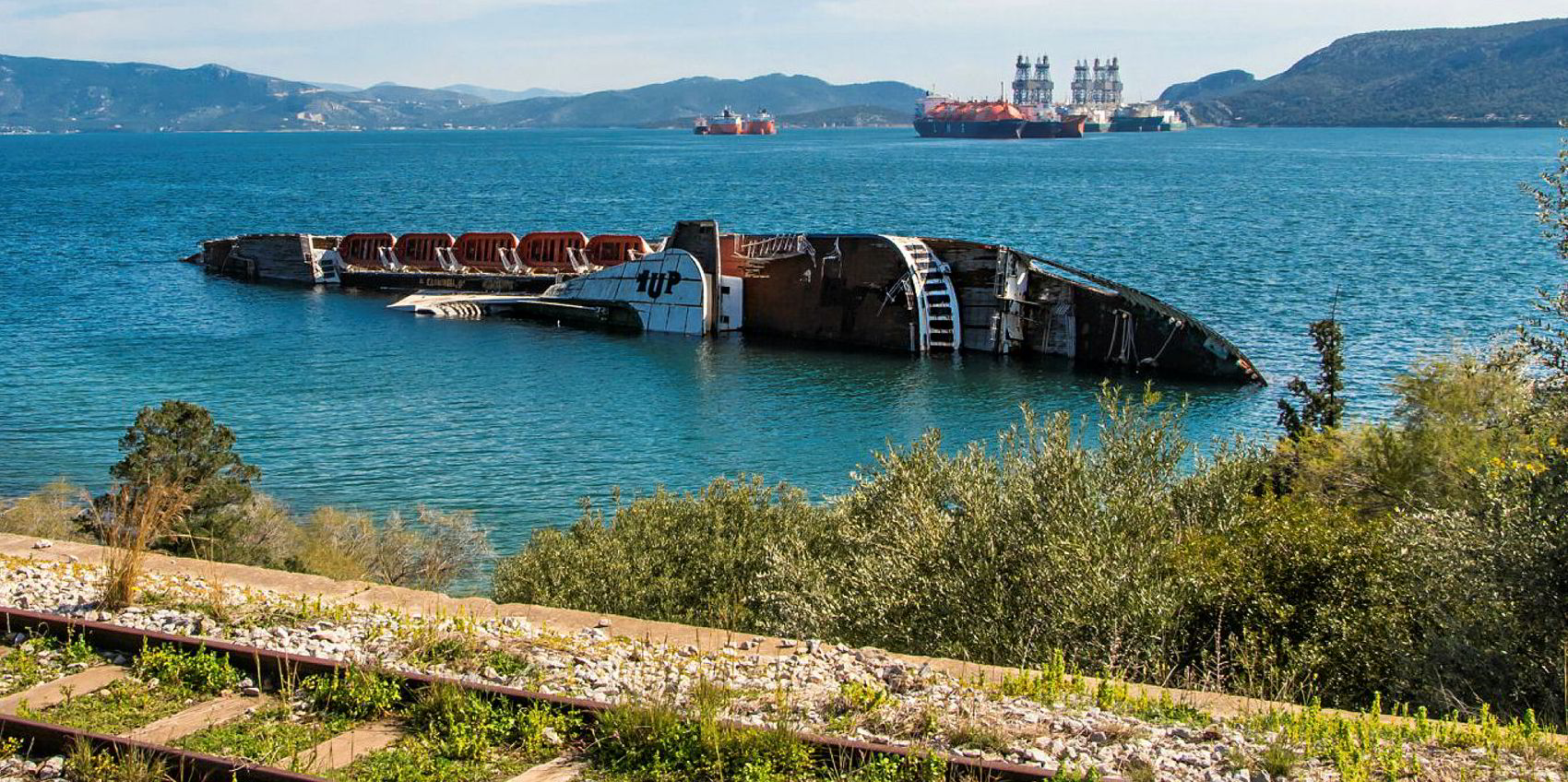By removing dozens of shipwrecks from Piraeus harbour, Greece’s Public Ports Authority (PPA) has not just been defusing an environmental time bomb, but reinvigorating no-go areas that have become hubs for looters.
The authority’s outgoing chief, Dimosthenis Bakopoulos, said decades of government inertia have left dozens of vessel carcasses in unguarded, unlit areas that had become rife with smuggling and stealing. “Gangs are looting ships,” he said.
When the PPA removed its first ship in 2017, the 3,435-gt ferry Corfu Island (built 1961), both propellers were missing. In other cases, entire engines were gone. A propeller can fetch about €50,000 ($55,900) on the black market and an anchor up to €30,000.
“It was one big party and we spoiled it,” Bakopoulos said, estimating the total value of the illicit trade in looted ship material in the area to be €90m ($100m).
Lawlessness proved a boon for local mafias. It was also to the advantage of some shipowners and insurers shirking the costs of removing the wrecks they were responsible for.
Bakopoulos said his campaign comes at zero cost to the Greek taxpayer. Owners and insurers are forced to pay up. Alternatively, contractors removing the ships are compensated by receiving full rights to ships’ scrap metal.
Removing the shipwrecks may also boost seaside property development. “Companies interested in investing in the area were discouraged after finding a wreck every few hundred metres,” Bakopoulos said.
The biggest of these investors, Cosco, played a key role in spurring Bakopoulos into action. The Chinese shipping giant, which took control of Piraeus port in 2016, asked the government to deal with the ferry Corfu Island.
A clause in its concession agreement even allowed Cosco to seek public funds to remove the ship, Bakopoulos added.
If Cosco had hired private contractors to do it at state expense, taxpayers would have been on the hook for about €1.5m, he said. In the end, they got off much more cheaply.






